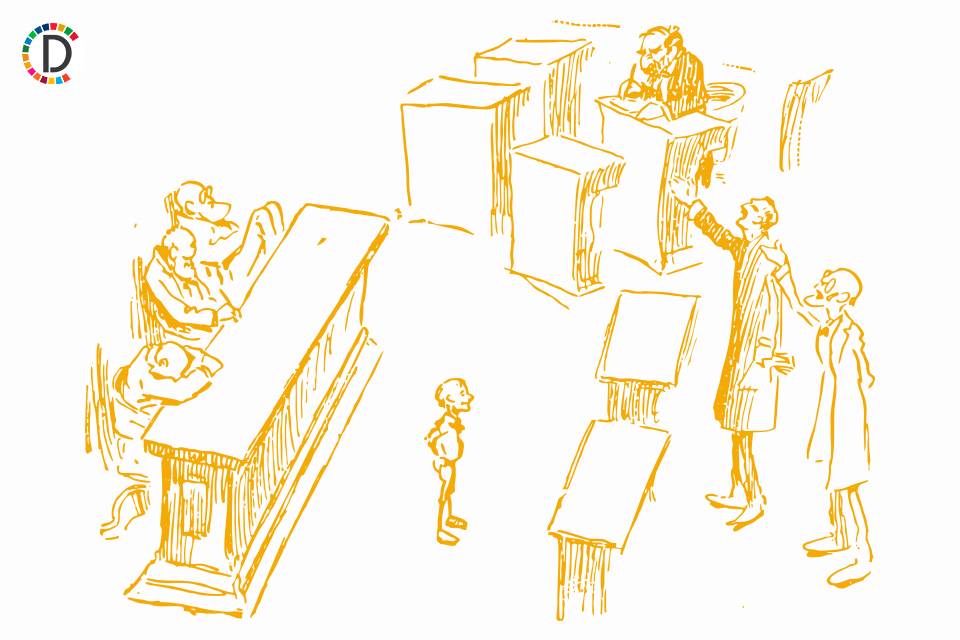Restrictive Measures: The Controversial Use of MICAS in France
The French government’s use of MICAS orders to limit movements of individuals deemed security threats is facing criticism following a court ruling favoring Chechen refugee Khaled. While effective in some cases, critics argue these measures risk abuse and discrimination, especially when applied broadly at major events.

In France, the controversial use of MICAS orders has sparked debate, as these measures allow authorities to limit movements of individuals perceived as security threats. The scrutiny heightened following a court's decision in favor of Khaled, a Chechen refugee who contested his restrictions.
Despite France's drive to secure major events like the Paris Olympic Games and the Strasbourg Christmas market, critics argue that the broad application of MICAS orders risks abuse, arbitrariness, and discrimination. Many individuals, including Khaled, have faced these measures without any criminal convictions, prompting legal challenges.
As French security laws grow increasingly stringent, concerns mount over the application of predictive justice in everyday life, particularly for those labeled as security risks without proper trials. Legal experts and human rights advocates urge restraint in using MICAS to prevent potential violations of civil liberties.
(With inputs from agencies.)
- READ MORE ON:
- MICAS
- France
- security
- Christmas market
- Olympics
- anti-terror
- law
- refugee
- criticism
- legal
ALSO READ
South Korea's Martial Law Crisis: A Nation in Turmoil
Delhi's Safety Under Scrutiny: Family Tragedy Highlights Law Enforcement Failures
South Korea's Political Turmoil: Martial Law Controversy
U.S. Lawmakers Question Webull's Ties to China Amid Security Concerns
South Korea's Political Turmoil: Former Defence Minister Detained Amid Martial Law Controversy










